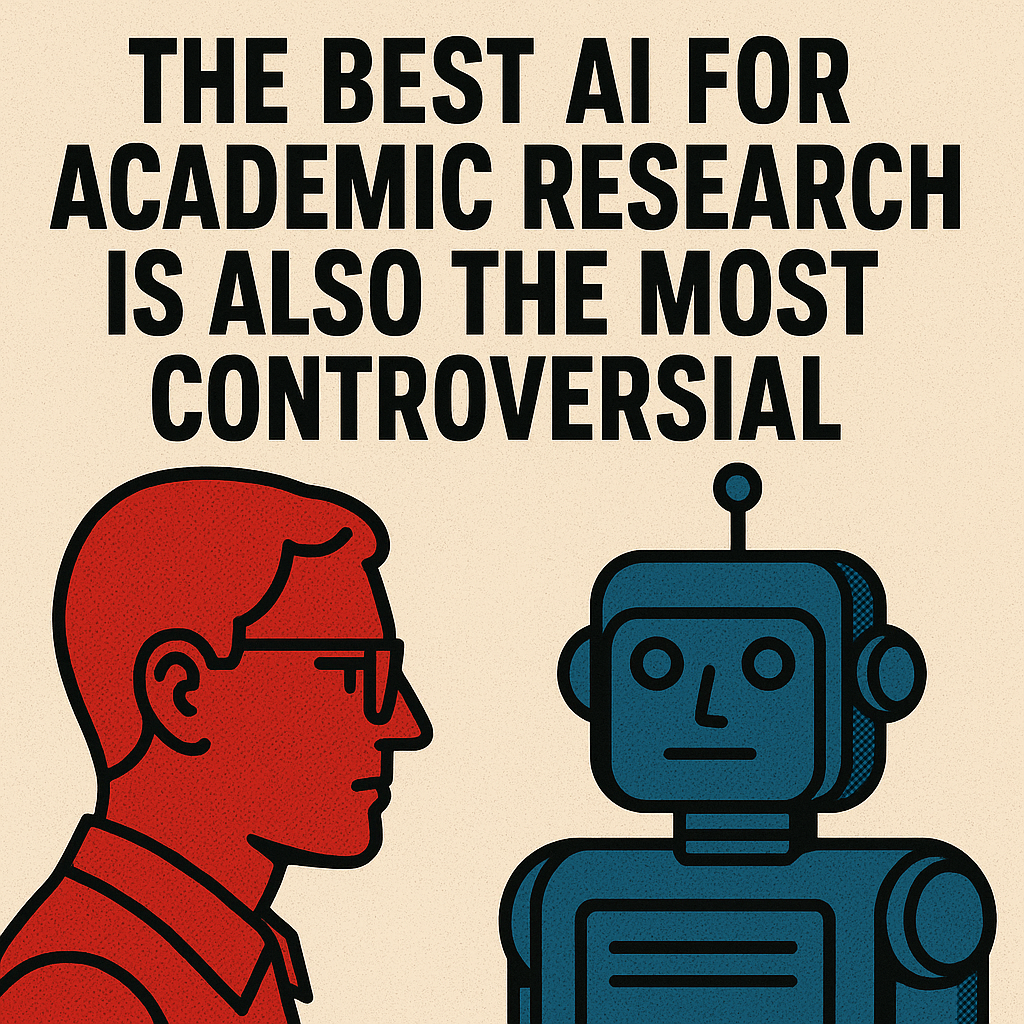In the ever-evolving world of academic research, artificial intelligence is no longer just a supporting tool—it’s becoming the main engine powering how we read, review, and interact with scientific papers. With the rise of tools like SciSummary and other AI-based research aids, scholars are asking a critical question: Is the best AI for academic research also the most disruptive?
This debate is no longer hypothetical. Across campuses and labs, researchers are increasingly relying on AI for academic research not just to enhance productivity, but to completely reframe how they approach the scholarly process. The shift is dramatic, and not everyone is on board.
Why AI Tools Are Dominating Academic Research
Academic work demands constant exposure to fresh studies, data, and evolving methodologies. That’s a heavy cognitive load—especially in high-volume fields like biomedical science, physics, and computer engineering. AI for reading research papers helps lighten that burden. Tools like SciSummary automatically summarize dense research articles, making them easier to digest in minutes instead of hours.
AI paper readers are now being integrated into literature workflows. Scholars are using these tools to stay updated, even in disciplines outside their immediate expertise. From graduate students to tenured faculty, many are turning to AI paper finders, AI literature review tools, and AI paper reviewers to scan, select, and synthesize information rapidly.
The result? A dramatic shift in how academic research is conducted—and a heated debate about what that means for the integrity of the work.
The Controversy: Are We Outsourcing Too Much?
Supporters of AI research tools argue that automation is inevitable and beneficial. They point out that AI for scientific papers increases access, efficiency, and equity—especially for under-resourced students and researchers. When AI helps you review hundreds of studies in a fraction of the time, why wouldn’t you use it?
But critics see a different picture. They fear the rise of academic research AI is leading to surface-level understanding, over-reliance on machine-generated insights, and a weakening of critical thinking. The fear is not that AI will make us better researchers—it’s that it might make us lazier ones.
Is an AI paper reviewer capable of understanding nuance, ambiguity, or methodological flaws? Can an app to read research papers detect manipulation or ethical concerns buried in the discussion section? Critics argue that no matter how powerful the tool, it can't replace the value of a careful, human read.
The Double-Edged Sword of the "Best" Tools
Ironically, the most powerful AI tools for academic research are often the ones attracting the most criticism. The better the AI gets at summarizing complex papers, the more tempting it becomes to skip reading the full text entirely.
That’s where the controversy sharpens: the best AI for academic research is also the one most likely to be misused. It’s the tool that can be both a revolutionary shortcut and a dangerous crutch.
Some educators have even begun warning students against over-reliance on these tools, while others are integrating them directly into the curriculum. There’s a growing divide between institutions that see AI for papers as an inevitable evolution—and those that see it as an existential threat to scholarship itself.
Final Thoughts: What’s the Right Way to Use Research Paper AI?
There may not be a clear answer. What is clear is that AI for reading research papers isn’t going away. The field is moving fast, and the tools are only getting smarter. Whether you're using an AI literature review tool, a research paper AI app, or an AI paper reader, the key is to treat it as an aid—not a replacement.
Used responsibly, these tools can elevate the academic experience. Misused, they risk undermining the entire premise of critical research.
In the end, it’s not just about finding the best AI academic research tool—it’s about using it wisely.
